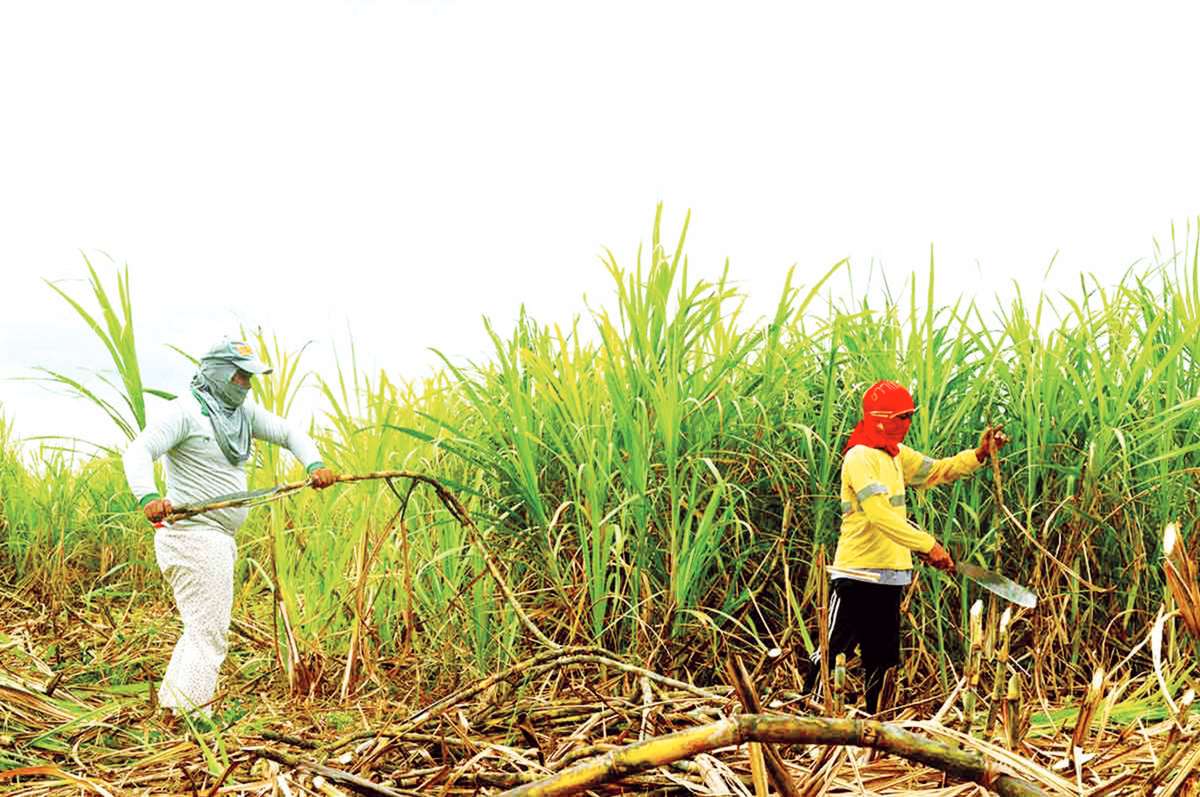
By Dominique Gabriel G. Bañaga
The Negros bloc at the House of Representatives has jointly filed a resolution opposing the proposed liberalization of sugar importation.
The resolution, filed on Tuesday, August 15, was authored by representatives from Negros Occidental and Negros Oriental.
According to the Negrense lawmakers, Republic Act (RA) No. 10963, or the Tax Reform for Acceleration and Inclusion (TRAIN) Law imposed a P6 tax per liter of sweetened beverages using purely caloric or non-calorie sweeteners, or a combination thereof, and a P12 tax per liter of sweetened beverages using high-fructose corn syrup.
The legislators emphasized that the proponents of the TRAIN Law initially agreed to reinvest the proceeds from the taxation of sugary beverages into initiatives aimed at boosting domestic sugar production and enhancing the well-being of sugarcane farmers and laborers.
Under RA 10963, for the first five years of its implementation, programs outlined in RA 10659, known as the Sugarcane Industry Development Act (SIDA), were mandated to receive funding equivalent to 30 percent of the revenues.
However, despite the fact that the tax on sweetened beverages contributed 52 percent of the total P336.1 billion in excise tax revenues collected under TRAIN Law from 2018, only a total of P3.92 billion had been allocated to SIDA programs in that same period.
The Negrense lawmakers also asserted in the resolution that the domestic sugar sector has been deprived of essential government support.
Rather than addressing this inequity, they said the Department of Finance (DOF) has proposed the liberalization of sugar imports, which would exacerbate the challenges faced by the domestic sugar industry.
Finance Secretary Benjamin Diokno made the proposal which would allow food and beverage manufacturers to directly import sugar.
Diokno explained that the proposition forms part of the DOF’s proposal to increase the tax rate on sugar-sweetened beverages to sweeten the deal with food and beverage manufacturers that will bear the burden of higher tax.
The legislators criticized Diokno’s suggestion to raise the tax rate on sugar-sweetened beverages and offset the additional cost by permitting direct sugar imports by food and beverage manufacturers.
While this proposal may seem like a solution, the legislators argued that it would negatively impact the disadvantaged, particularly the poor, sugarcane farmers and laborers.
The resolution also highlighted a study commissioned by the National Economic and Development Authority in 2021, which cautioned against the liberalization of the sugar trade.
The study warned that such liberalization would disproportionately benefit the wealthy and come at a clear cost to stakeholders in the sugar industry./DGB, WDJ

